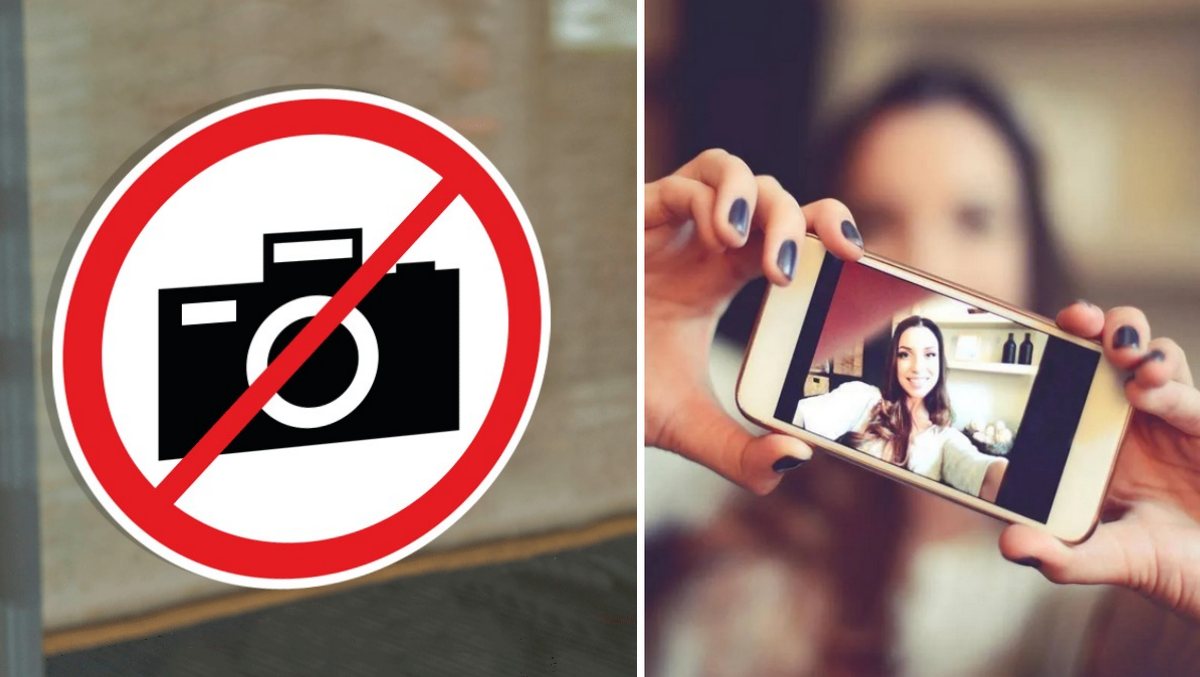A new regulation has come into force in Turkey’s resort capital Antalya: tourists are no longer allowed to take photos or selfies with wild animals. The decision aims to protect animal welfare, but the tourism industry warns it could lead to significant financial losses.
Antalya — one of the busiest resort regions in the Mediterranean
According to Turkey’s Ministry of Tourism, around 14 million international visitors arrived in Antalya during the first nine months of 2025. The region remains especially popular among travellers from Germany, the UK and Central and Eastern Europe.
Despite ongoing geopolitical tensions, hotel occupancy remains high. A recent study by TUI Germany shows that Antalya was the most popular autumn holiday destination among German travellers in 2025 — surpassing even Mallorca and Crete.
Against this background, the newly introduced ban caused a strong reaction.
What exactly is banned
As reported by Hürriyet, local authorities received numerous complaints about the use of parrots, monkeys and iguanas for tourist photos.
In September 2025, Turkey’s General Directorate of Nature Conservation and National Parks introduced a strict regulation:
-
a full ban on using wild animals for photography, filming or advertising;
-
hotel groups and tourism associations were officially notified.
Authorities cite reports of mistreatment, stress and illegal captivity. Under Turkish law, parrots, monkeys, iguanas and similar species are classified as wild animals, making their commercial use illegal.
Tourism sector voices concern: potential losses up to €6 million
For many years, colourful parrot photos have been a common sight at resort hotels.
Halil Öztürk, a board member of the Antalya Chamber of Commerce and Industry, stated:
“This ban doesn’t affect a few companies — it affects an entire industry. We estimate losses between €3 and €6 million.”
The ban hits photographers the hardest — many rented spaces inside hotels and relied on animal photography as their primary service.
Öztürk dismissed claims of mistreatment:
“These animals come from licensed facilities, they are vaccinated and well cared for. This is not cruelty — it’s a service.”
What tourists need to know
If you are planning a holiday in Antalya, keep in mind:
-
hotels and resorts are no longer allowed to offer animal photo sessions;
-
if someone offers such services, they are violating the law;
-
penalties will apply primarily to providers, but tourists may be refused participation;
-
choose classic holiday photos: beaches, sunsets, nature, resorts.
Will the ban work?
Experts note that the ban will not immediately improve the living conditions of animals already being used. However, it may gradually change tourist behaviour, encouraging more ethical attitudes and reducing demand for staged animal photos.
Part of a global shift toward ethical tourism
Antalya is not alone — similar bans and restrictions are becoming more common worldwide:
-
Santorini, Greece — regulations on donkey rides due to overwork;
-
Thailand & Sri Lanka — phasing out elephant riding and circus-style shows;
-
Egypt — initiatives to improve the treatment of horses and camels near the Giza pyramids.
Additionally, many countries face a growing problem of tourist scams involving animals: street handlers offer photos and then demand large payments. New restrictions also aim to curb this practice.

